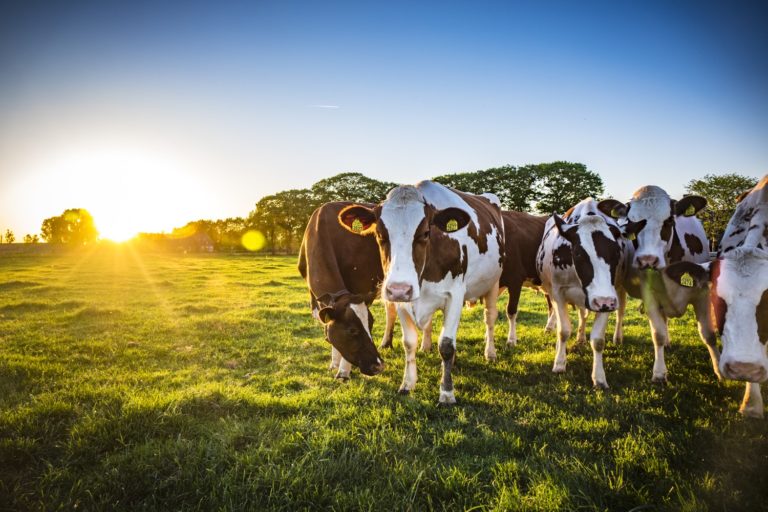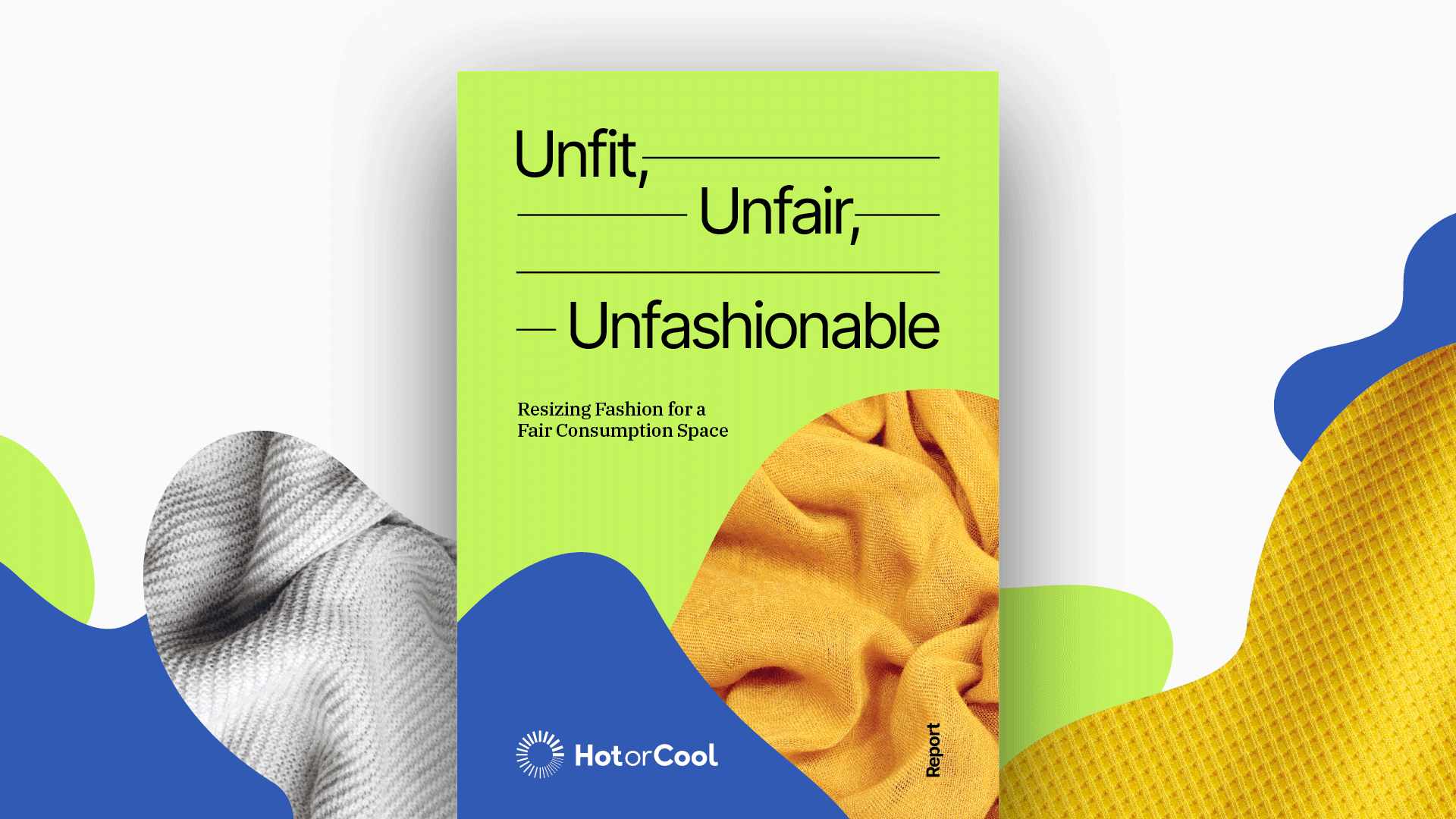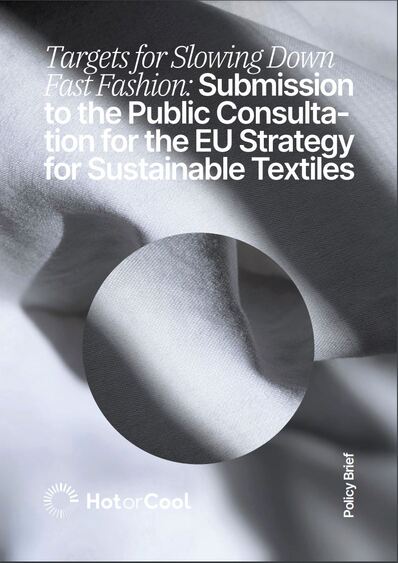
ABOUT THE Project
- Reviewing drivers and impacts of consumption behaviour.
- Identifying power dynamics that guide decision-making.
- Exploring existing and innovative solutions.
Read more
The issues that face our society can seem overwhelming at times, particularly when considering the scope and urgency of the sustainability challenge. Despite the scientific clarity on the need for behaviour change, the practical implications of making choices that in opposition to long-established social norms, available social infrastructure, and personal factors make change difficult on an individual scale. Our aim is to create ease within the process of facing these challenges so that intermediaries can embrace what is difficult for the sake of what is worthwhile: a future for the well-being of humanity and the environment.
Difficult Conversations is a methodology behind a series of facilitated workshops bringing together researchers, policymakers, and practitioners to develop science-based solutions to important but complex issues around behaviour change. Our focus is on topics with high environmental impacts and logistical or moral complexities that present barriers to change; examples include carbon rationing, reduced flying, and meat consumption, societal inequalities, and more.
Difficult conversations are designed around three stages:
- The Science: We review the underlying drivers and related impacts of existing patterns of behaviour, as well as the implications of tested alternatives. This provides an objective analysis from which difficult, multi-interest conversations can now be based.
- The Political Economy: We engage with actors involved in each sector of consumption and production to identify their interests and the power dynamics that guide their decision-making processes in relation to heeding scientific or policy recommendations. Understanding the power dynamics and clarifying assumptions opens up possibilities to detangle between the technical, political, and psychological blocks, and identify less contentious solutions pathways.
- The Solutions: We explore and design possible solutions including existing solutions at grassroots levels that need to be supported, innovations that need agile experimentation before being mainstreamed, and areas for investment to fill knowledge gaps.
Difficult conversations inspire and inform innovative policies, support behaviour change programs to be more effective, and refine the research agenda for transitioning to sustainable living.
Participation in Difficult Conversations is by invitation. If you are interested in participating in a Difficult Conversation, please check back soon or contact us to register your interest and receive a notification when the applications are open.
The Difficult Conversations approach is being used by several organizations bringing together different perspectives to find actionable solutions to climate-related issues with social tensions.
Here you can find a list of completed cases that used Difficult Conversations:
Five statements for sustainable urban mobility – Demos Helsinki
Hot or Cool is open for co-developing applications of Difficult Conversations tailored to different topics and contexts. If you are interested in applying Difficult Conversations to your workshops or projects, please contact Luca Coscieme at: l.coscieme@hotorcool.org.

Unfit, Unfair, Unfashionable: Resizing Fashion for a Fair Consumption Space






